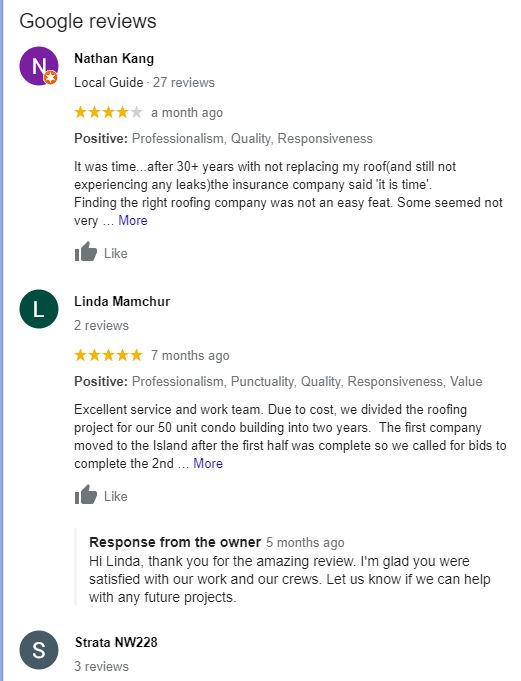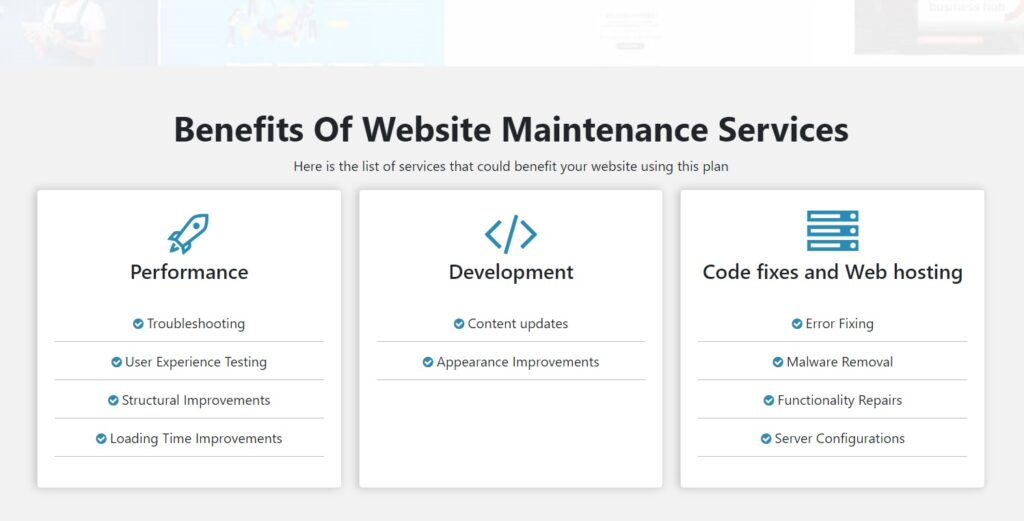E-commerce website designs imply utilizing the Internet and the web for deals and business exchanges, which normally include the trading of significant worth (e.g., money) across individual or organizational boundaries as a trade-off for items and services.
What are e-commerce website designs?
E-commerce website designs (electronic business) are the online buying and selling platform of goods and services. Besides, transactions of money, funds, and customer data are also involved. It often occurs in various transactions as business-to-business (B2B), business-to-consumer (B2C), consumer-to-consumer, or consumer-to-business. The terms e-commerce website designs are often interchangeably used. E-mail is also sometimes used to refer to online retail shopping transactional processes.
The recent decade has led to a substantial increase in online retailers number using widespread e-commerce website design platforms such as Amazon and eBay. The overall total retail figure of e-commerce ever recorded was 5.1% in 2007.
How do e-commerce website designs work?
The web browser of the customer communicates with the online shopping server when the order is placed. Information about the order will subsequently be transferred to the central computer known as the order manager — then sent to databases managing inventory levels, a market system managing payment information (using applications such as PayPal), and a bank computer — before being returned to the order manager. This means that inventory and customer funds are adequate to handle the order.
After the customer’s order validation process, the order manager will notify the web server in the store that the order has already been proceeding successfully. To send the product or service to the customer, the order manager will then send order data to the warehouse or the utilization department. The customer may be shipped with tangible or digital products or have access to a service.
What are the key factors to consider when choosing an eCommerce website design company in Toronto?
In the rapidly evolving digital landscape, establishing a robust online presence is vital for businesses. Selecting the right eCommerce website design company in Toronto can be a pivotal decision for your business’s online success. This article aims to guide you through key factors to consider, ensuring you make an informed choice that aligns with your business goals and objectives.

Experience and Portfolio
A company’s experience and portfolio are the windows to their expertise and style. Reviewing their past projects gives you an insight into their design aesthetic, functional capabilities, and industry-specific experience. Choose a company that showcases a diverse portfolio, indicating their ability to handle various challenges and implement effective eCommerce solutions.

Client Testimonials and Reviews
Feedback from past clients is a valuable resource for gauging a company’s reliability and quality of service. Positive client testimonials and reviews often reflect customer satisfaction and the company’s commitment to delivering on its promises. Pay attention to comments about their responsiveness, problem-solving abilities, and adherence to deadlines.

Technical Expertise
The technical backbone of your eCommerce site determines its performance, security, and scalability. Ensure the design company is proficient in the latest technologies and platforms such as Shopify, Magento, or WooCommerce. This technical expertise is crucial for building a robust and future-proof online store.
Customization Capabilities
Every business has unique needs and goals. A company that offers customization will tailor the website to fit your specific requirements, making your site stand out in the crowded online marketplace. Customization extends beyond aesthetics to include functionality, user experience, and overall site performance.

Mobile Optimization
With the growing trend of mobile shopping, having a mobile-optimized eCommerce website is no longer optional. A mobile-friendly site enhances the user experience for smartphone and tablet users, which can significantly increase sales and customer retention. Look for a company that prioritizes responsive design and mobile user experience.
SEO and Digital Marketing Expertise
The visibility of your eCommerce site in search engine results is crucial for attracting traffic. A company skilled in SEO and digital marketing can ensure your site is optimized for search engines, enhancing your online presence and driving more potential customers to your site.

Support and Maintenance
Post-launch support and maintenance are essential for the smooth operation of your website. Regular updates, troubleshooting, and technical support from the design company safeguard your site against potential issues and ensure it stays current with the latest web standards and features.
Pricing and Value
While budget considerations are important, focus on the value offered for the price. The cheapest option may not always provide the best return on investment. Assess the company’s pricing against the quality of their portfolio, the range of services offered, and their client testimonials.
Communication and Collaboration
Effective communication and collaboration are crucial for the success of your project. Choose a company that values your input and works closely with you to bring your vision to life. Regular updates and open channels of communication ensure that the final product aligns with your expectations.
Project Timeline and Delivery
Understanding and agreeing on a realistic project timeline is essential. A clear timeline ensures that your website is launched according to your business schedule, enabling you to plan marketing and other business activities around the launch.
How does exceptional digitalism transform business brands in the realm of eCommerce web design?
Exceptional digitalism, when applied to eCommerce web design, fundamentally transforms business brands by enhancing user engagement, improving functionality, and creating a memorable online presence. This approach leverages the latest digital technologies and creative design principles to create eCommerce platforms that are not only visually appealing but also highly intuitive and user-friendly. By focusing on aspects like seamless navigation, responsive design, and immersive user experiences, exceptional digitalism ensures that brands stand out in a competitive digital marketplace. It helps businesses effectively communicate their unique value proposition, build trust with customers, and ultimately drive conversions and loyalty. In essence, it bridges the gap between a brand’s vision and the customer’s digital experience, fostering a stronger, more impactful online brand identity.
What are the latest technologies and strategies used in eCommerce web design and development in Toronto?
The latest technologies and strategies used in eCommerce web design and development in Toronto, as exemplified by companies like Arete Software, reflect a comprehensive and modern approach to creating effective online stores. This involves several stages:
- Requirement Analysis: Initially, a thorough understanding of the business, its target audience, and eCommerce goals is established. This stage involves exploring the product offerings, competitors, and brand identity, ensuring that the website aligns with the business’s specific needs.
- Design and User Experience (UX) Development: A crucial aspect of eCommerce web design is the focus on a visually appealing and user-friendly interface. Designers craft stunning UI/UX that resonates with the brand and provides a seamless shopping experience. Prototypes are often created to visualize the layout, navigation, and overall flow of the site, with a strong emphasis on conversion-focused strategies.
- Development and Integration: This stage involves the actual construction of the website, coding both front-end and back-end components using the latest technologies. This process ensures that the website is fast, secure, and responsive. Essential eCommerce features such as shopping carts, payment gateways, inventory management, and customer relationship management (CRM) systems are integrated during this phase.
- Quality Assurance: Before launch, extensive testing is conducted to identify and rectify any issues or bugs. The quality assurance process typically includes functional testing, performance testing, security testing, and cross-browser testing, ensuring an optimized eCommerce platform across all devices and browsers.
- Content and Product Upload: Assistance in uploading product listings, images, and descriptions is provided. Content is optimized for search engines to improve discoverability. Additionally, the setup of categories, filters, and tags for efficient product organization is guided.
- Post-Launch Support and Maintenance: After the website launch, ongoing support is essential to address any emerging issues, updates, or enhancements required by the eCommerce platform. Monitoring and analytic services are often offered to track website performance and user behavior.
- Marketing and Growth: Post-launch, the focus shifts to digital marketing strategies to promote the eCommerce platform, increase traffic, and drive conversions. As the business grows, the platform is scaled and new features are implemented to meet evolving demands.
These stages incorporate a blend of technological prowess, creative design, and strategic marketing, all crucial for creating successful eCommerce websites that stand out in today’s digital era.
5 Advantages of e-commerce website design
1. E-commerce website designs allow having a global presence for online sellers and retailers. They eliminate the site barrier in terms of geography. Now in the virtual world, sellers and buyers can engage without the impediment of the place.
2. The transaction costs of e-commerce website designs are significantly lessened than the average. The maintenance of bricks-and-mortar stores excludes many fixed costs. This allows small to large businesses to benefit from a far greater profit margin.
3. E-commerce website designs effortlessly deliver goods to the customer quickly. Customer complaints will also be dealt with promptly. Additionally, it will benefit both consumers and business owners; they efficiently save time, energy, and effort.
4. The convenience it offers is another major advantage of having e-commerce website designs. Various customers can shop whenever they can and wherever they are. Unlike physical business stores, which have operating hours, e-commerce made things easier and simpler.
5. Also, e-commerce website designs allow customers and business owners to be in direct engagement without any intermediary. This enables rapid transactions and communication that gives a valuable personal touch.
E-commerce website design in Toronto
It’s crucial for every ecommerce website design to have a presentable appearance, easy to navigate, and highly secured online presence. Moreover, as these factors matter in e-commerce, it’s also crucial for you to choose the most trusted website design and development agency in Toronto.
The Canadian Web Designs are a group of experts who have finished hundreds of e-commerce website designs over the decades. Our web developers are guaranteed to provide you the best e-commerce websites that can stand out from all of your competitors. To book your appointment, speak to us at 647-492-5513 or email us at sales@canadianwebdesigns.ca to elaborate on your specific needs.